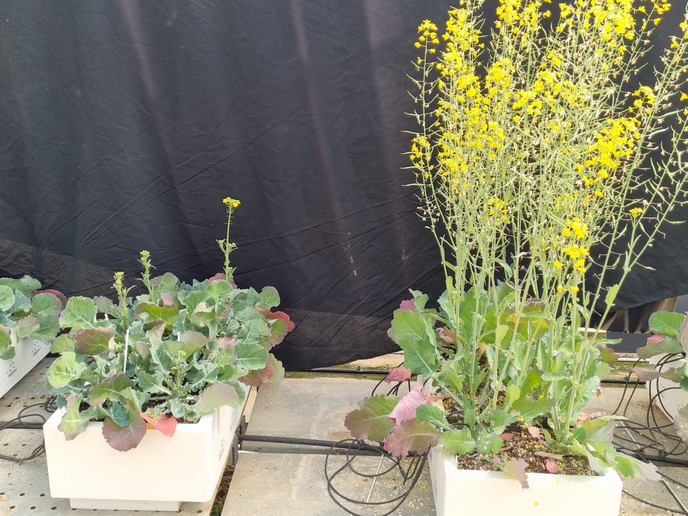Non-antibiotic feed additive increases a cow’s milk yield
Antibiotic growth promoters have long been the gold star for increasing a dairy cow’s milk production. Not only do these additives improve feed efficiency and milk production, they also increase a farmer’s profits. Unfortunately, the same antibiotics used to increase milk productivity can eventually enter the food chain. When humans drink milk or consume meat, there is an increase in the risk of developing antimicrobial resistance. As a result, the use of antibiotic growth promoters has been banned in the EU since 2008, leaving European dairy farmers at a competitive disadvantage. While a number of non-antibiotic replacement products have come on the market, none are as effective as their antibiotic counterparts – that is until now. With the support of the EU-funded RumenShield Dairy(opens in new window) project, Mayo Healthcare(opens in new window), an Irish animal nutrition and healthcare company, has developed a non-antibiotic feed additive capable of significantly increasing milk yield and feed efficiency. “Our goal was to put European farmers back at the head of the herd in terms of producing the world’s best quality dairy products,” says Killian O’Briain, a researcher at Mayo Healthcare and RumenShield Dairy project coordinator.
More milk, better feed efficiency
Developed in cooperation with the National University of Ireland(opens in new window), RumenShield Dairy is an innovative, non-medicated feed additive designed specifically for dairy cows. “This is a breakthrough for ruminants,” adds O’Briain. “It’s a first-of-its-kind compound feed technology that increases rumen energy by improving feed conversion while also reducing the risk of ketosis and acidosis.” As O’Briain explains, feed mills can include the additives in rations and blends fed to dairy cows. “Once digested, it makes its way to the rumen, the cow’s largest stomach compartment, where it impacts the local microbial community,” he explains. “In doing so, it promotes greater feed conversion and increased energy, ultimately resulting in the production of more milk and improved feed efficiency.” Initial results indicate that RumenShield Dairy matches antibiotic growth promoters. “Clinical trials carried out at a US university demonstrated equivalence in performance to the feed antibiotic, sodium monensin, which is shown to both increase milk yield and improve feed efficiency,” adds O’Briain.
A healthy cow is a happy cow
RumenShield Dairy’s benefits go well beyond increasing milk production, it’s also been shown to increase the overall health of the cow. “By reducing incidences of lameness and mastitis while also increasing fertility rates, our non-antibiotic solution helps ensure happier, healthier cows that produce better quality milk,” concludes O’Briain. Add all these advantages up and what you have is a product that promises increases in revenue and overall improvements in heard welfare – all without sacrificing animal health and without putting antibiotics into the milk we drink. The company plans to bring its RumenShield Dairy solution onto the market by 2023.







